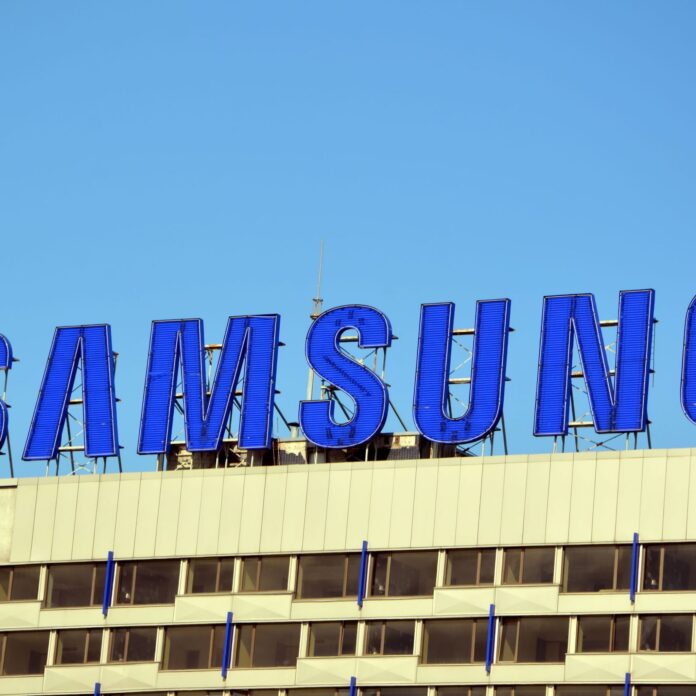Korean telecommunications operators SK Telecom, KT and LG Uplus have ordered 28 GHz 5G base stations from compatriot company Samsung Electronics for the first time, Korean press reported.
According to the reports, these are the same base stations that U.S. carrier Verizon recently ordered from Samsung.
The South Korean telcos expect to begin their pilot projects in the business-to-business (B2B) space using 28 GHz spectrum later this year.
The 5G base stations from Samsung will reportedly be used to experiment with and demonstrate real-world 5G applications to Korean companies.
According to the reports, SK Telecom has reportedly ordered 40 to 50 base stations from Samsung, which would be deployed in ten locations.
South Korean telcos are expected to demonstrate various services such as augmented reality, virtual reality, autonomous patrol robots and self-driving vehicles.
The pace of installation of 28 GHz 5G base stations is expected to pick up in the coming months, as Korean telcos aim to launch ultra-fast services.
According to previous reports, the mmWave 5G service will be initially available for the business-to-business segment. Operators have not yet finalized investment plans for the business-to-consumer sector, as the cost of building additional infrastructure still represents a major issue.
Due to the high level of capital expenditures needed, the launch of the mmWave 5G network for personal smart devices is likely to start next year or in 2022.
In June 2018, South Korea completed a tender process through which it awarded spectrum in both the 3.5 GHz and 28 GHz bands. The government made available a total of 280 megahertz in the 3.5 GHz spectrum band and 2,400 megahertz in the 28 GHz band. The spectrum was divided into 28 blocks and 24 blocks.
The 3.5 GHz band licenses cover a ten-year period and the 28 GHz band licenses a five-year term.
The country’s three operators launched 5G technology in April 2019, and 5G networks are available mostly in large cities. The government previously said that the carriers had already deployed over 115,000 5G base stations.
South Korea’s 5G subscribers reached 7.86 million in July, up 487,190 from the previous month, accounting for 11.3% of the country’s 69.8 million mobile subscriptions.
In July, Korean mobile operators SK Telecom, KT and LG Uplus agreed to invest a total of KRW 25.7 trillion ($22.2 billion) through 2022 to boost 5G infrastructure across the country.
This investment will primarily focus on enhancing 5G quality in Seoul and six other metropolitan cities. The investment plan also stipulates the deployment of 5G in 2,000 multi-purpose facilities, on Seoul Metro lines 2 and 9 and along major highways. In 2021, the carriers committed to expand 5G connectivity to an additional 85 districts, including 4,000 multi-purpose facilities, subways and all train stations, as well as 20 additional highways.

